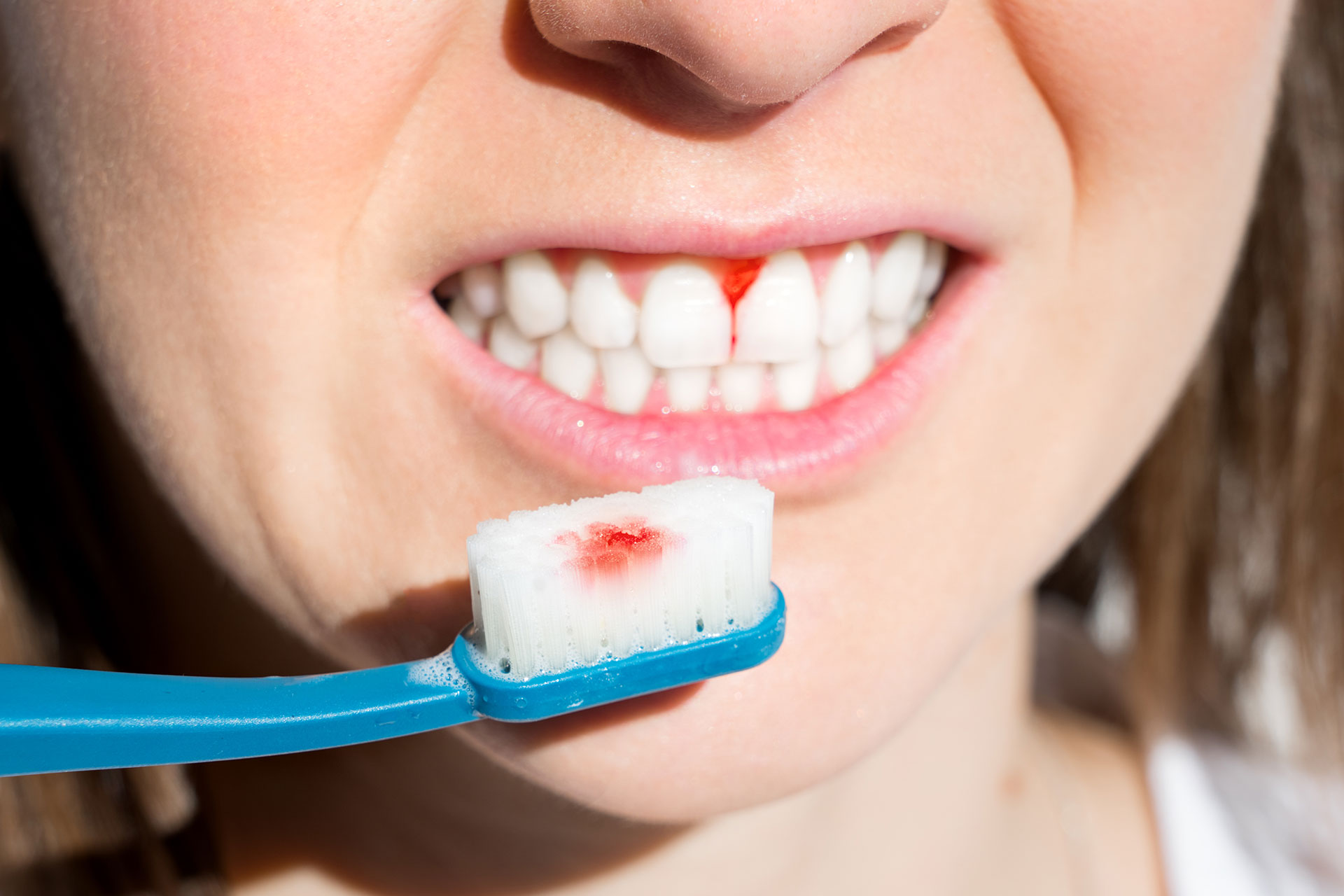
Bleeding gums can be a concerning issue that many people encounter at some point. But, are they a dental emergency? In this post, we’ll explore the various aspects of bleeding gums, including what causes them, when it’s a dental emergency, when it can wait, tips for managing bleeding gums at home, and the importance of seeking professional dental care. Dr. James R. Sunners, your trusted dentist in Natick, MA, is here to guide you through this common oral health concern.
Understanding Bleeding Gums:
Bleeding gums are often a sign of an underlying issue, with the most common cause being gum disease. Other causes may include injury, medications affecting blood clotting, hormonal changes, or even aggressive brushing. Good oral hygiene, including regular brushing and flossing, is crucial in preventing bleeding gums.
Signs That It Might Be a Dental Emergency:
- Severe Bleeding: If your gums are bleeding profusely and the bleeding doesn’t seem to stop, it’s a sign of a dental emergency.
- Excessive Pain: If bleeding gums are accompanied by severe pain, it’s essential to seek immediate dental attention.
- Swelling or Pus: Any signs of swelling or the presence of pus around the gums may indicate an infection, requiring immediate treatment.
- Fever or Other Infection Symptoms: If you experience fever or other systemic symptoms along with bleeding gums, it’s a red flag and should be addressed urgently.
When Bleeding Gums Can Wait:
Not all instances of bleeding gums are emergencies. Here are situations where bleeding gums may not require immediate attention:
- Occasional Bleeding: Mild bleeding during brushing or flossing occasionally may not be a cause for concern.
- Mild Symptoms: If your gums bleed but you don’t experience severe pain, swelling, or other alarming symptoms, it may not be an emergency.
- Medication-Related Bleeding: If you’re taking medications that affect blood clotting, discuss your symptoms with your healthcare provider or dentist.
Tips for Managing Bleeding Gums at Home:
If your bleeding gums fall into the non-emergency category, here are some home care tips:
- Proper Oral Hygiene: Maintain good oral hygiene practices, including gentle brushing and flossing.
- Use a Soft-Bristle Toothbrush: Switch to a soft-bristle toothbrush to avoid further irritation.
- Rinse with Warm Saltwater: Gargling with warm saltwater can help soothe your gums.
- Avoid Irritants: Stay away from tobacco and alcohol, which can worsen gum problems.
Seeking Professional Dental Care
Regular dental check-ups are essential for preventing gum issues and catching them early. If you experience bleeding gums that persist, worsen, or are accompanied by concerning symptoms, schedule an appointment with Dr. James R. Sunners, your trusted dentist in Natick, MA. Our experienced team can provide a thorough evaluation and personalized treatment plan to address your oral health concerns.
In summary, bleeding gums can be alarming, but they aren’t always a dental emergency. Understanding the signs and knowing when to seek professional dental care is key to maintaining your oral health. Remember that Dr. James R. Sunners is here to help you with any dental concerns you may have. Don’t hesitate to reach out for expert guidance and care.
Disclaimer: This blog post is for informational purposes only and should not be considered a substitute for professional medical advice. If you have any concerns about your oral health, please consult Dr. James R. Sunners or a qualified healthcare professional.


